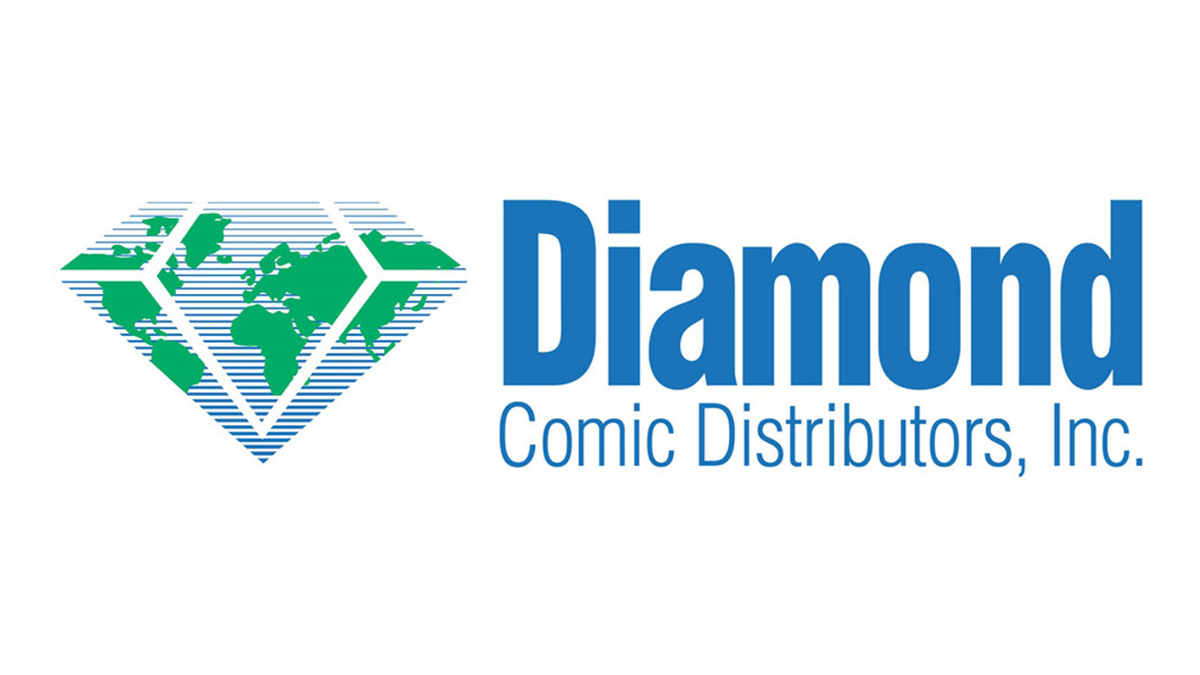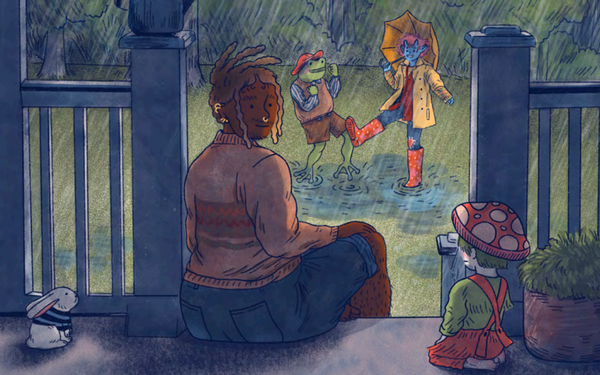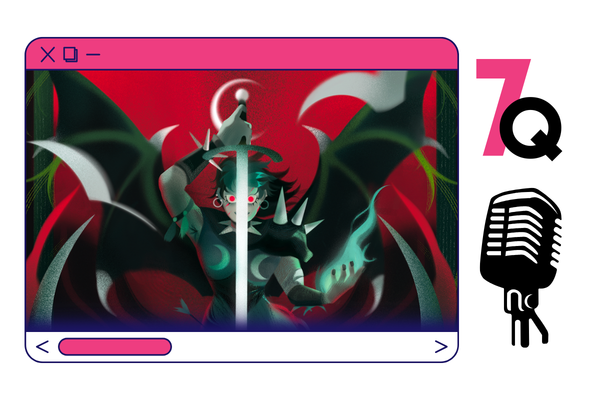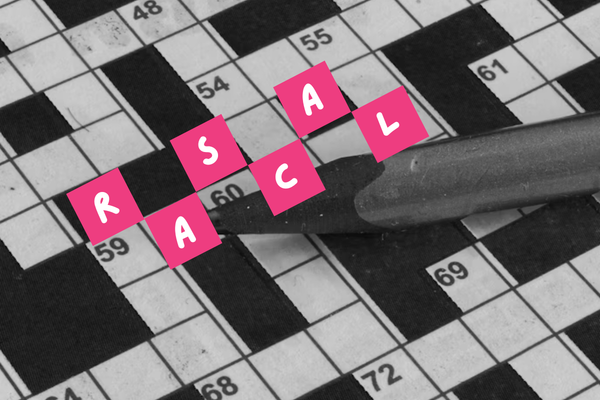Diamond distributors levy adversary lawsuits against tabletop RPG, comic publishers
Delays in bankruptcy proceedings leaves everyone bleeding time and money.

Several tabletop publishers caught in an ongoing lawsuit with Diamond Comic Distributors have recently weathered a number of delays and setbacks from — but also some procedural victories against — the venerable company. On September 9th, the creditors who now control what’s left of Diamond began issuing adversary proceedings against all 135 individual companies who claim their consignment stock had been illegally seized by Diamond.
These individual lawsuits are the result of a declaration issued by the Ad Hoc Committee, a collection of publishers who have banded together against Diamond that includes Paizo Inc. and Green Ronin. If the distributor’s creditors, largely banks such as JP Morgan Chase, want to legally seize books and games previously held on consignment, they will now need to fight dozens of individual court battles.
Diamond’s creditors are leaning on the publishers’ supposed failure to secure interest in their own consigned goods, evidenced by a lack of UCC-1 financing statements filed within Maryland’s Department of Assessments and Taxation. Roll for Combat’s Stephen Glicker previously told Rascal that none of the publishers had filed this obscure document, nor had Diamond ever stressed such a need. Now, Diamond seeks to categorize consigned stock under the bankruptcy estate, giving them free reign to sell or liquidize it.
“[Paizo] isn’t really interested in buying product we already paid for once back from someone that doesn’t own it."
“It’s all kind of ridiculous, since it’s clear Diamond: never paid for the books to be printed; never paid artists, editors, game designers, graphic designers, and others for the work they did to create the book;, signed contracts with us acknowledging that they don’t own the stock and that they were selling the book on consignment; and never paid taxes on the books sitting in their warehouse,” said Jim Butler, Paizo CEO told Rascal via email.
Butler called the adversary proceedings “the end of the beginning rather than the beginning of the end,” stating that the Ad Hoc Committee cannot be sure how long Diamond and its creditors will draw out the fight. A hearing previously planned for September 30 was recently delayed until October 22. Bankruptcy cases can often prove messy, complicated, and mired in delay tactics — Diamond’s original bankruptcy woes began way back in January.
“We’re confident that we will win back ownership of our products at the end, but there’s plenty of financial pain being spread out among the industry right now because of Diamond’s actions,” Butler said.
Paizo, Green Ronin, and the comic publishers in the Ad Hoc Committee hope to stay in the ring by spreading the financial burden amongst members. Butler claims Diamond and JP Morgan Chase attempted to settle with the Pathfinder and Starfinder maker by allowing them to purchase the consigned inventory back from them. Butler said he “isn’t really interested in buying product we already paid for once back from someone that doesn’t own it."
Glicker suggested that not all of the affected companies can afford such a position. Roll for Combat, which produces Battlezoo RPG sourcebooks, initially partnered with Diamond to access large physical storefronts such as Barnes & Noble and Amazon, but now several of its newer books are caught in legal limbo. He told Rascal via email that while recent developments will cost Diamond and its creditors precious time and money, the same is true for publishers already growing weary of waiting.“It's been dragging out, and it's just making it very, very expensive for everybody involved. A lot of us are looking towards just putting it behind us, buying what we need, and then moving on and giving up the rest of the inventory.”
"There’s plenty of financial pain being spread out among the industry right now because of Diamond’s actions."
Glicker wouldn’t confirm whether Roll For Combat had reached a deal with Diamond, or was considering such an offer. His company is currently leaning on legal aid offered by the Game Manufacturers Association (GAMA). He said that legal bills mount quickly, leading to a situation where it would cost less to buy priority inventory back from Diamond.
“I think a lot of people are interested in their more recent inventories, or inventories that they have in large quantities, that they want back,” he said. “At this point, I don't know how much [Diamond] can even make on this inventory because every day that goes by, it's worth less and less.”
Butler weighs the cost in more than just book sales, though he says the bankruptcy has “gutted” the publisher’s yearly sales during a period where tariffs have ballooned the price of replacing anything. Urging players to buy directly or from local game stores is an imperfect solution, and it doesn’t assuage the disappointment of Paizo’s staff.
“They’ve worked for a long time to bring these games [to] release, and it’s frustrating knowing they’re not getting their time in the spotlight like they used to,” Butler said.
[Update 19 September 4:20pm BST: Clarified creditors and debtors in relation to Diamond Comic Distributors.]





